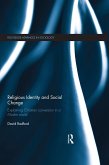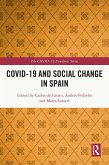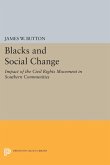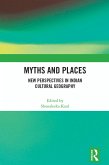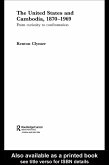Through a comprehensive case study of the twelfth-century Crusaders' Kingdom of Jerusalem, the author shows how a changing international system encourages or retards the development of social structures, thereby relating the Crusaders' experience to contemporary affairs. The Kingdom's social structure was influenced by intensive lslamic pressure on all sides, and its eventual collapse was due almost entirely to its failure to adapt its suddenly irrelevant feudal institutions to the demands of its new situation. Professor Ben-Ami suggests that the patterns exemplified in this conflict enable the exploration of the general idea that societies interlocked in a prolonged conflict tend to affect one another's social organization as they respond to developing needs implicated in the international system.
Originally published in 1969.
The Princeton Legacy Library uses the latest print-on-demand technology to again make available previously out-of-print books from the distinguished backlist of Princeton University Press. These editions preserve the original texts of these important books while presenting them in durable paperback and hardcover editions. The goal of the Princeton Legacy Library is to vastly increase access to the rich scholarly heritage found in the thousands of books published by Princeton University Press since its founding in 1905.
Originally published in 1969.
The Princeton Legacy Library uses the latest print-on-demand technology to again make available previously out-of-print books from the distinguished backlist of Princeton University Press. These editions preserve the original texts of these important books while presenting them in durable paperback and hardcover editions. The goal of the Princeton Legacy Library is to vastly increase access to the rich scholarly heritage found in the thousands of books published by Princeton University Press since its founding in 1905.



